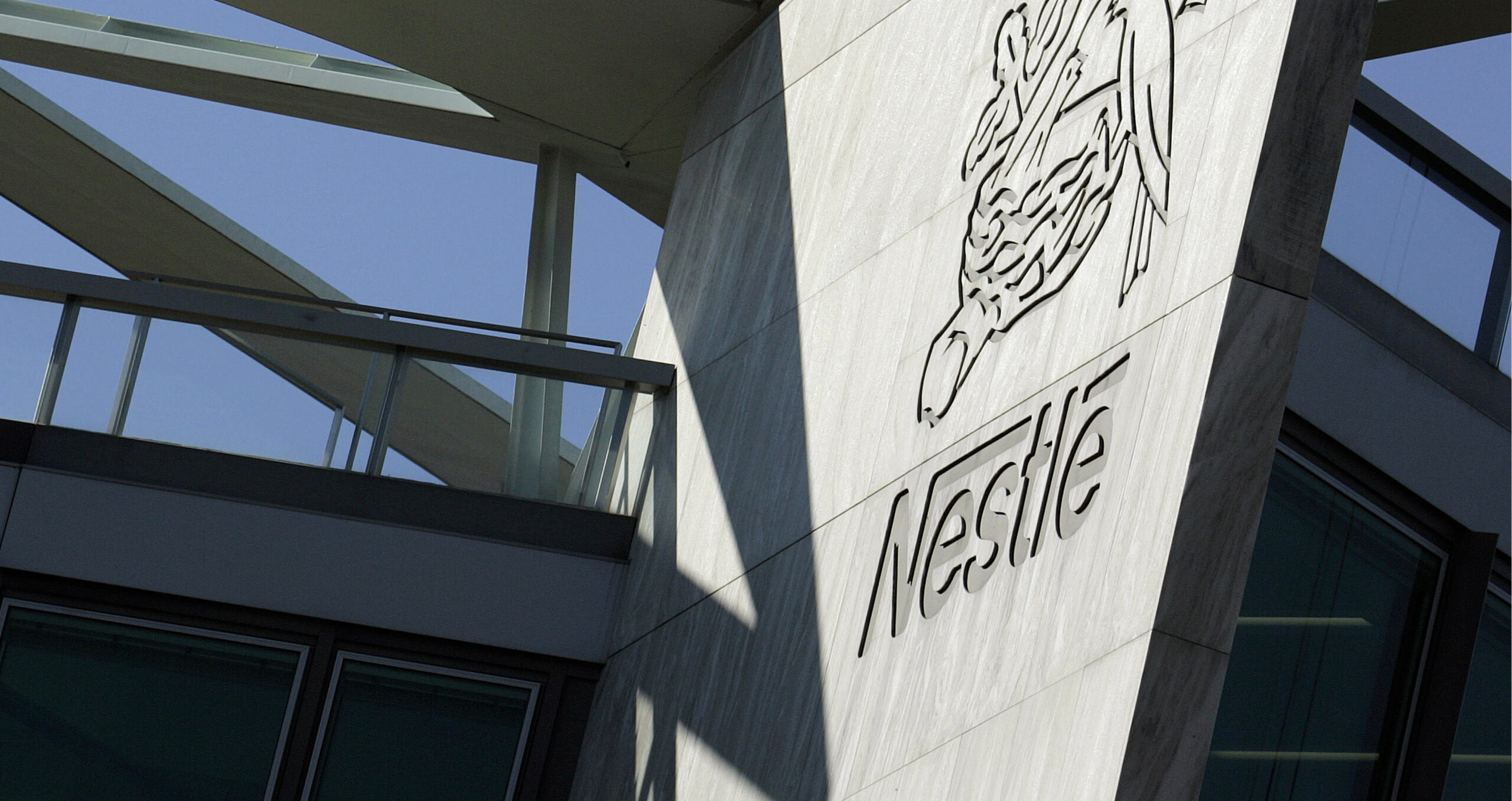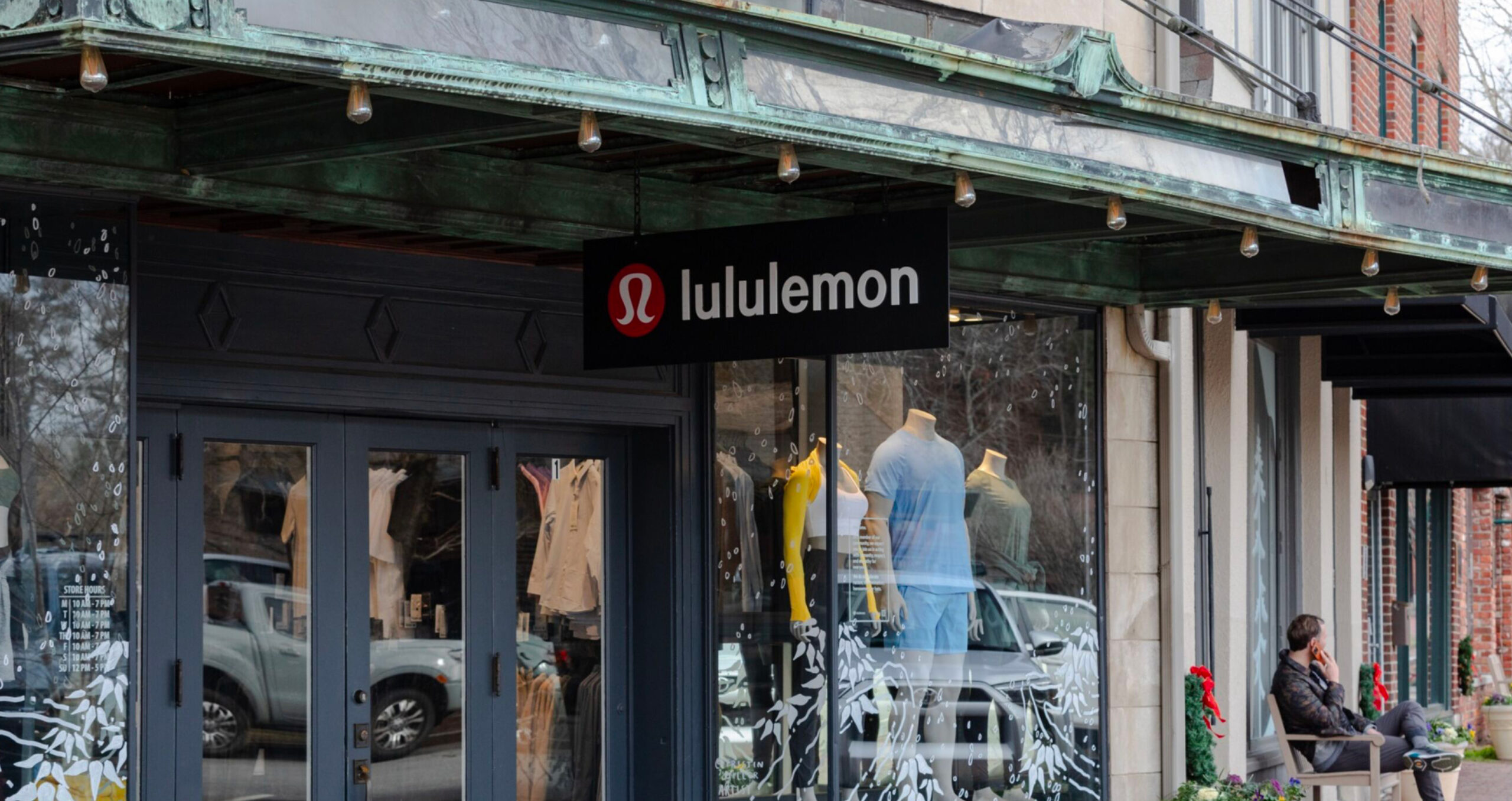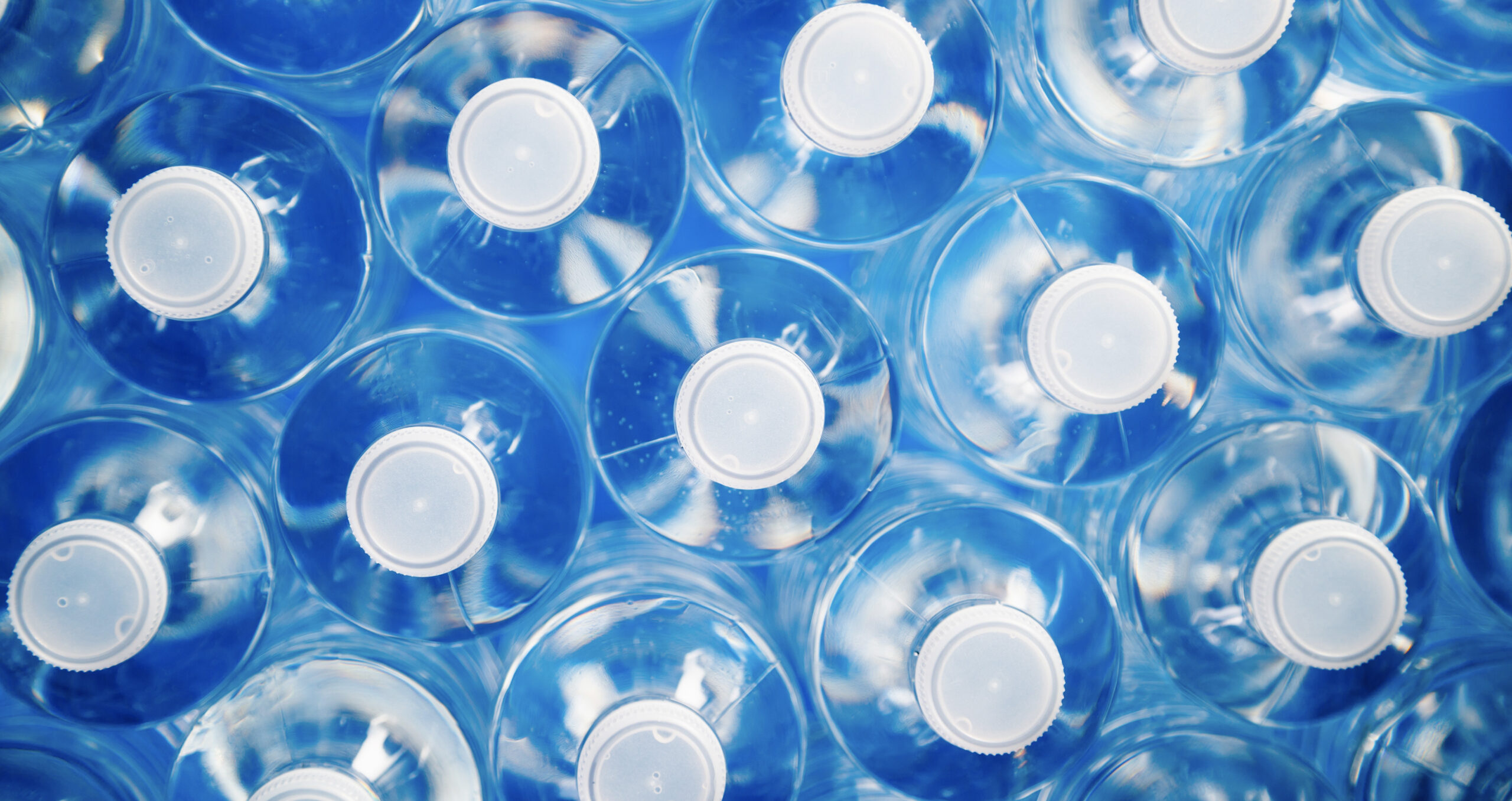
Nestlé, Ferrero defend deforestation records

Proctor & Gamble is singled out by the Rainforest Action Network’s annual deforestation scorecard as the worst performer, while Nestlé and Ferrero suggest they are doing better than their respective grades imply
Majors consumer brands are not doing anywhere near enough to meet the demands of laws such as the EU Deforestation Regulation, according to a scorecard from non-profit Rainforest Action Network.
The annual Keep Forests Standing scorecard grades brands based on their corporate policies around deforestation. The conclusion is that all the companies analysed — Colgate-Palmolive, Ferrero, Kao, Mars, Mondelēz, Nestlé, Nissin Foods, PepsiCo, Procter & Gamble and Unilever — must do much better if they hope to receive an A grade in the future.
Not only does this lack of effort mean damage to the climate, nature and local communities, but it also exposes the companies’ investors and financiers to “real material risk”, RAN said. It accused brands such as Nestlé, Mars and Ferrero of declaring “deforestation-free” supply chains without disclosing any third-party verified evidence to back up their claims.
“Despite hard-won commitments from the major international brands to transform their supply chains, deforestation and violence against frontline land defenders are on the rise globally and the brands are still profiting from forest destruction and rights abuses,” RAN policy director Gemma Tillack said in a statement.
“This disconnect between paper promises and on the ground realities shows there remain major loopholes in the policies that have been adopted by the brands,” she added.
Bottom of the class
RAN singled out Procter & Gamble as bottom of the class, accusing the company of moving backwards by publishing a cross-commodity policy that offered weaker protections for forests than previous policies.
Mondelēz, Ferrero and Nissin Foods also scored an F grade. Nestlé, PepsiCo, Kao, Colgate-Palmolive and Mars did slightly better, receiving D grades. The highest-scoring company was Unilever with a C grade — RAN highlighted Unilever’s recent policy aimed at protecting human rights defenders from intimidation and persecution.
“We believe this score is not a true depiction of our sustainable sourcing efforts,” a Nestlé spokesperson told Sustainable Views in a statement. “To date, more than 99 per cent of the total volume of our key ingredients are assessed as deforestation-free. Our progress has been recognised by the 2023 ‘Forest 500’ report, in which Nestlé came out as the top FMCG [fast-moving consumer goods] company.”
“We are also increasing our focus on landscape initiatives, supporting smallholders balancing commodity production and forest conservation,” the spokesperson continued. “Getting to deforestation-free and staying there will be a constant effort and we are committed to it in the name of avoiding deforestation and protecting our planet.”
Unilever told Sustainable Views in a statement that it “appreciates the efforts of RAN in driving action in supply chains towards zero deforestation and the protection and advancement of human rights”.
“With additional indicators added to the scorecard this year around incoming regulations and supply chain transparency, it has clearly recognised the progress Unilever is making that also serves the interest of the industry at large,” a Unilever spokesperson said.
“There is more work to be done across the sector and we will be reviewing the report in detail and continuing to engage with RAN and other civil society groups to advance on this critical agenda,” they continued.
Both Nestlé and Unilever ranked top in the 2023 “Forest 500” report, published earlier this year by non-profit Global Canopy, with Nestlé highlighted as one of only 50 companies that are monitoring their suppliers and sourcing regions for all commodities expected, in the coming years, to be covered by EU legislation.
Meanwhile, Ferrero insisted it had “robust programmes to ensure its key raw materials are deforestation-free”.
“We have built strong due diligence and long-term supplier-management practices, traceability and transparency throughout the supply chain,” a Ferrero spokesperson told Sustainable Views in a statement.
“We use tools including digital mapping and satellite monitoring across many of our different ingredients,” they said. “Knowing the size and location of farms in our supply chain allows us to trace raw materials back to their origin, and intervene if there are any challenges or issues.”
Shadowy operations?
The brands highlighted in the RAN report are found to lack deadlines for ending deforestation and to be guilty of converting natural ecosystems into farmland and human rights violations in all forest-risk commodity supply chains. Such problems mean companies are unlikely to meet the demands of the recently agreed EU deforestation law, the non-profit said.
RAN called for companies to introduce a “cross commodity and a corporate group approach” to ensure deforestation-free supply chains. Different parts of these businesses are acting in different ways on deforestation, largely because they are “too often using shadow, or off the books operations to look like they have reformed while still doing business as usual and successfully evading responsibility”, it said in a statement.
Sustainable Views contacted the other companies mentioned for comment.
Similar Articles


Could due diligence legislation end the fashion industry’s ‘pervasive lack of transparency’?


